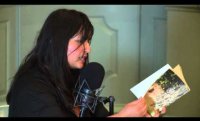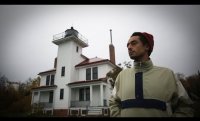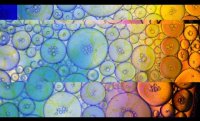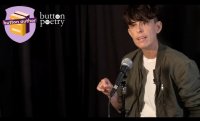February may be the shortest month of the year, but there are still plenty of writing contests to go around. These grants and awards close on either February 14 or February 15 and include three contests from the Academy of American Poets with no entry fee. All contests offer a cash prize of $1,000 or more.
Academy of American Poets Ambroggio Prize: A prize of $1,000 and publication by University of Arizona Press is given annually for a book of poetry originally written in Spanish by a living writer and translated into English. Raina J. León will judge. Deadline: February 15. Entry fee: None.
Academy of American Poets Harold Morton Landon Translation Award: A prize of $1,000 is given annually for a book of poetry translated from any language into English and published in the United States during the previous year. David Shook will judge. Deadline: February 15. Entry fee: None.
Academy of American Poets Raiziss/De Palchi Book Prize: A prize of $10,000 is given biennially for the translation into English of a significant work of modern Italian poetry published in the United States. Books by living translators are eligible. Nick Benson, Moira Egan, and Graziella Sidoli will judge. Deadline: February 15. Entry fee: None.
Arrowsmith Press Derek Walcott Prize for Poetry: A prize of $1,000 will be given annually for a poetry collection published in English by a writer who is not a citizen of the United States. The winner will also receive an invitation to read at the Boston Playwrights’ Theatre. Poets who are living in the United States as green card holders are among those eligible. Poets whose work appears in translation into English are also eligible. Carolyn Forché will judge. Deadline: February 15. Entry fee: $20.
Furious Flower Poetry Center Poetry Prize: A prize of $1,000 and publication in Obsidian, the literary journal of Illinois State University, is given annually for a group of poems. The winner also receives a $500 honorarium to give a reading at James Madison University (either virtually or in-person, as public health allows). Poets who have published no more than one collection of poetry are eligible. Tim Seibles will judge. Deadline: February 15. Entry fee: $15.
Hippocrates Prize Prizes for Poetry and Medicine: A prize of £1,000 (approximately $1,379) and publication in the Hippocrates Prize anthology and as a video recording on the Hippocrates website is given annually for a single poem on a medical theme. A prize of £1,000 (approximately $1,379) and publication in the Hippocrates Prize anthology and on the website is also given for a single poem on a medical theme written by a health professional. Deadline: February 14. Entry fee: $10 ($15 for postal submissions).
New American Press Poetry Prize: A prize of $1,500, publication by New American Press, and 25 author copies is given annually for a poetry collection. Eduardo C. Corral will judge. Deadline: February 14. Entry fee: $20.
Sarabande Books Morton and McCarthy Prizes: Two prizes of $2,000 each and publication by Sarabande Books are given annually for collections of poetry and fiction. Terrance Hayes will judge in poetry and Susan Minot will judge in fiction. Deadline: February 15. Entry fee: $29.
Visit the contest websites for complete guidelines, and check out the Grants & Awards database and Submission Calendar for more contests in poetry, fiction, and creative nonfiction.









